CM Revanth Reddy tables Caste Survey 2025, KTR questions drop in BC population
Tue 04 Feb 2025, 23:59:06
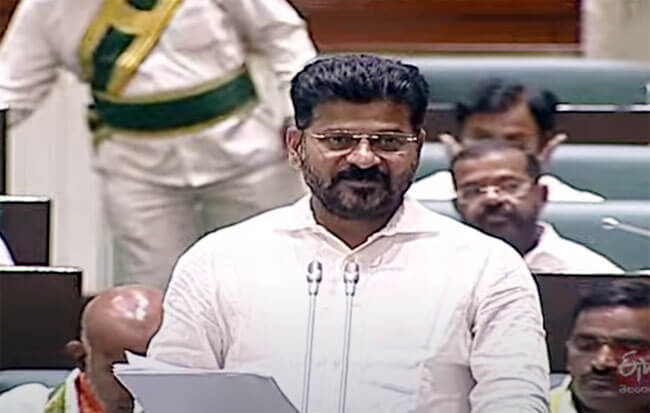
The Telangana government tabled the "Caste Survey - 2024" report in the Assembly on Tuesday, marking a significant move in the state's socio-political landscape. Chief Minister A Revanth Reddy, presenting the survey document, emphasised that the data collection was aimed at ensuring equal opportunities in line with Congress leader Rahul Gandhi's vision of "jitni abaadi utni haq.”
He highlighted the historical absence of rational and comprehensive data on weaker sections in India, which has made the implementation of reservations difficult. "Since 1931, no exact enumeration of weaker sections had been conducted, and census reports had not included detailed caste-based data," he said.
Revanth Reddy underscored that during the Bharat Jodo Yatra, Rahul Gandhi had promised a caste census for Telangana, and upon coming to power, the Congress government swiftly passed a resolution in the Assembly to conduct it. The enumeration process was meticulously carried out across villages and tribal hamlets, with enumerators assigned units of 150 houses each.
A total of 76,000 data entry operators worked tirelessly over 36 days to compile the report, with the government investing Rs 160 crore in the structured exercise, he explained. Following Cabinet approval, the report was presented in the Assembly, reaffirming the government’s commitment to recognising and addressing the needs of the Backward Classes (BCs) in the state.
The survey data revealed that Scheduled Castes (SC) constitute 17.43 per cent of the population, Scheduled Tribes (ST) make up 10.45 per cent, BCs (excluding Muslims) account for 46.25 per cent, the Muslim minority represents
12.56 per cent, and Other Castes (OC) form 15.79 per cent.
12.56 per cent, and Other Castes (OC) form 15.79 per cent.
Revanth Reddy reiterated that constitutional amendments would be required to implement a 42 per cent reservation for BCs.
If legal hurdles prevented this, he assured that the Congress would allocate 42 per cent of seats to BCs in the upcoming local body elections, he said.
"This report serves as an 'X-ray' to drive political reservations and ensure equitable representation," Reddy asserted. He congratulated all those who contributed to making the caste census a model for the nation.
Reddy took a direct swipe at political opponents, stating that KCR, KTR, Harish Rao, Padma Rao from Bharat Rashtra Samithi (BRS), and BJP leader DK Aruna did not participate in the survey. He claimed that KCR’s family refrained from participation to avoid disclosing land details. The opposition, particularly BRS and BJP, raised serious concerns over the survey’s credibility.
BRS leader KT Rama Rao (KTR) questioned discrepancies in the findings, pointing out that in a previous family survey conducted by the then-BRS government, BCs accounted for 61 per cent of the population, whereas the new report indicated 47 per cent.
He demanded an explanation on how the BC population had allegedly decreased by 21 lakh over ten years. KTR criticised the Congress government for failing to announce any concrete measures in the special Assembly session, arguing that expectations for a 42 per cent reservation bill for BCs and a BC sub-plan went unmet. "The Congress government merely reiterated what Minister Uttam Kumar Reddy had already stated in a press meet," he said.
No Comments For This Post, Be first to write a Comment.
Most viewed from National
Most viewed from World
AIMIM News
Latest Urdu News
Most Viewed
May 26, 2020
Do you think Canada-India relations will improve under New PM Mark Carney?
Latest Videos View All
Like Us
Home
About Us
Advertise With Us
All Polls
Epaper Archives
Privacy Policy
Contact Us
Download Etemaad App
© 2025 Etemaad Daily News, All Rights Reserved.

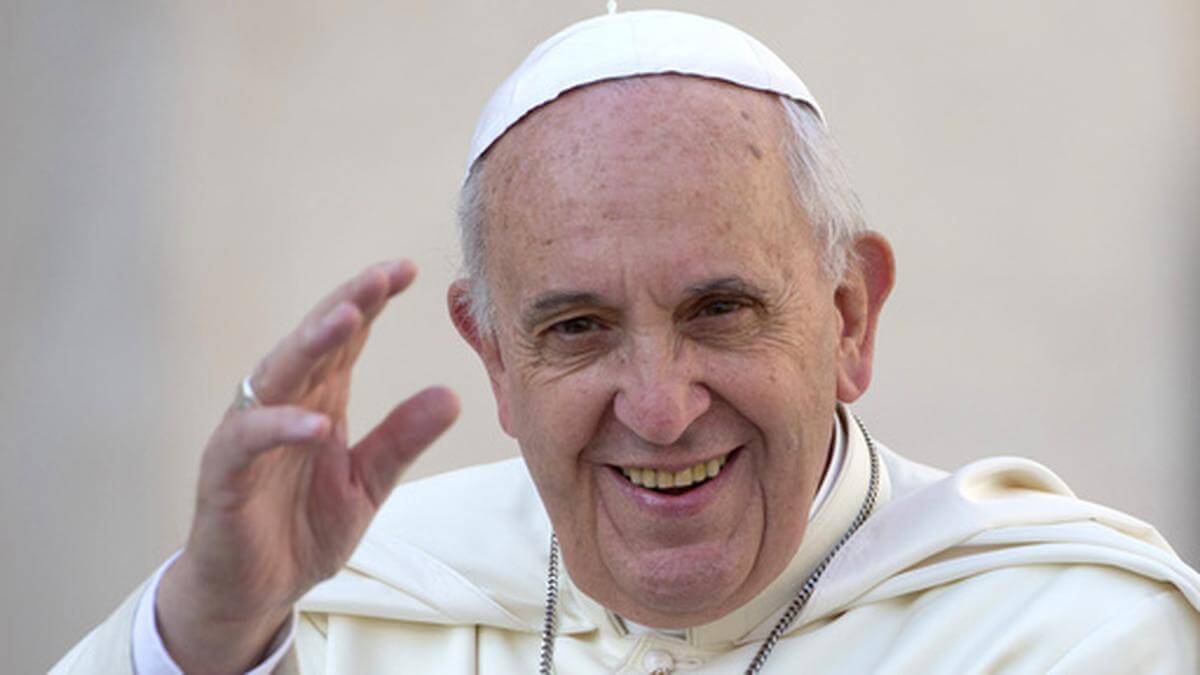
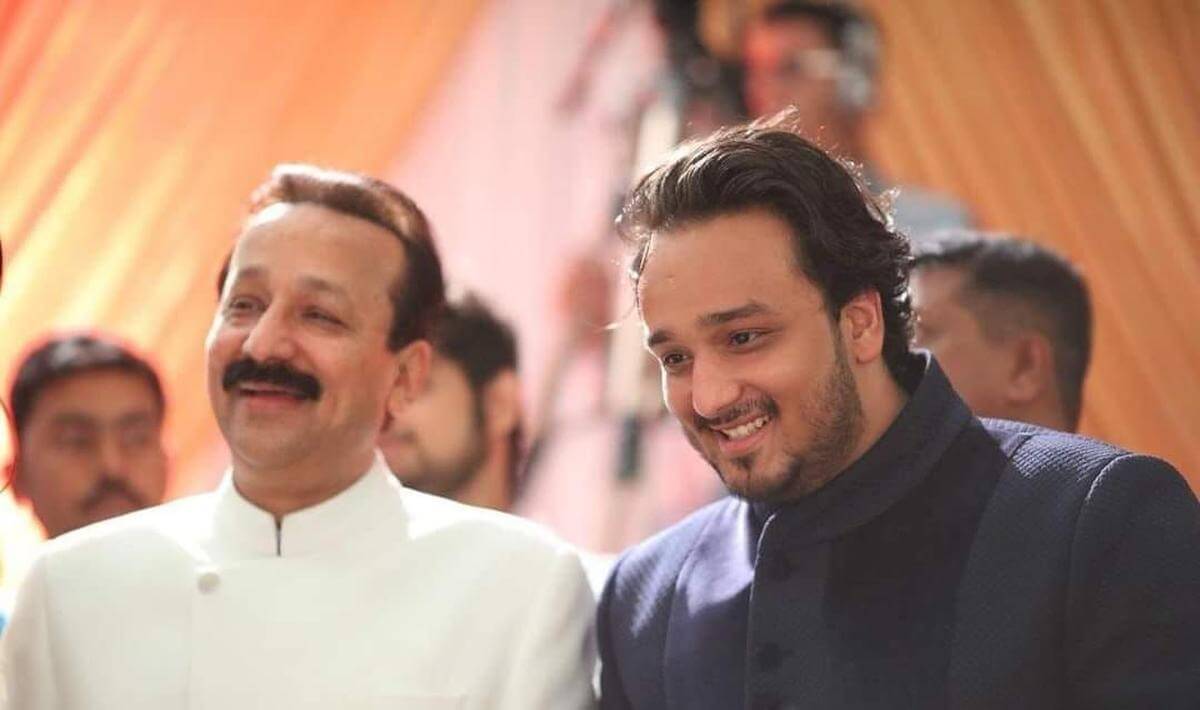
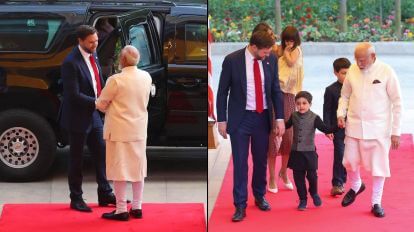
.jpg)
.jpg)
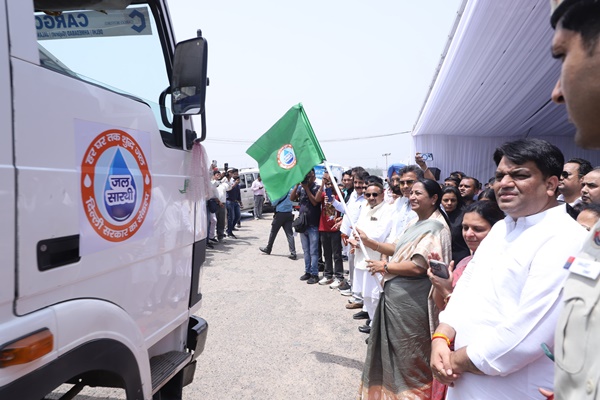

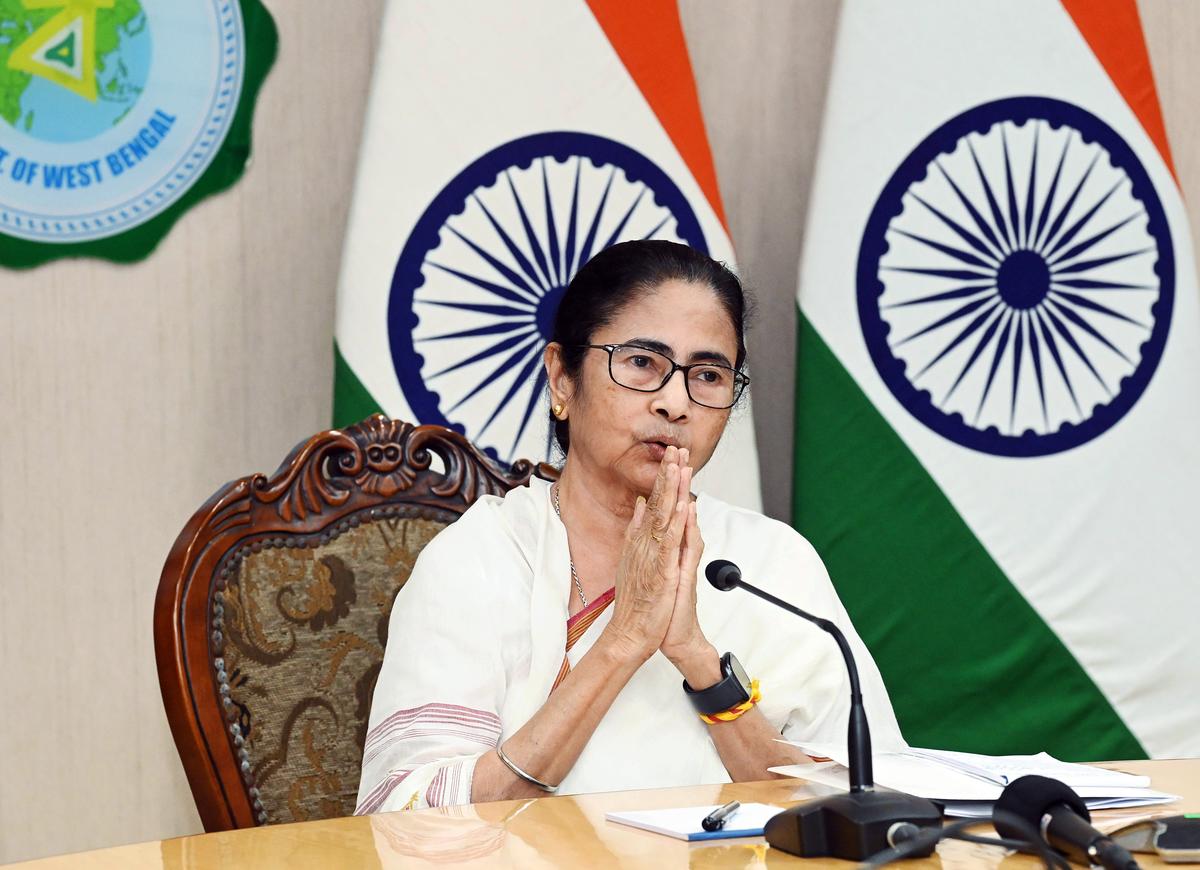

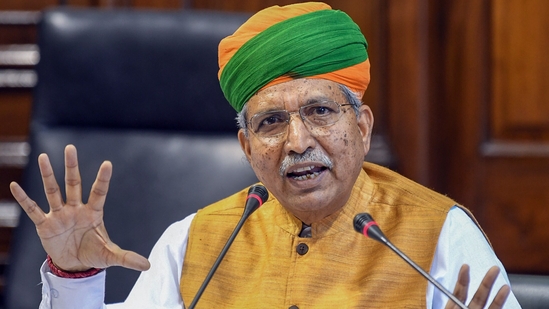
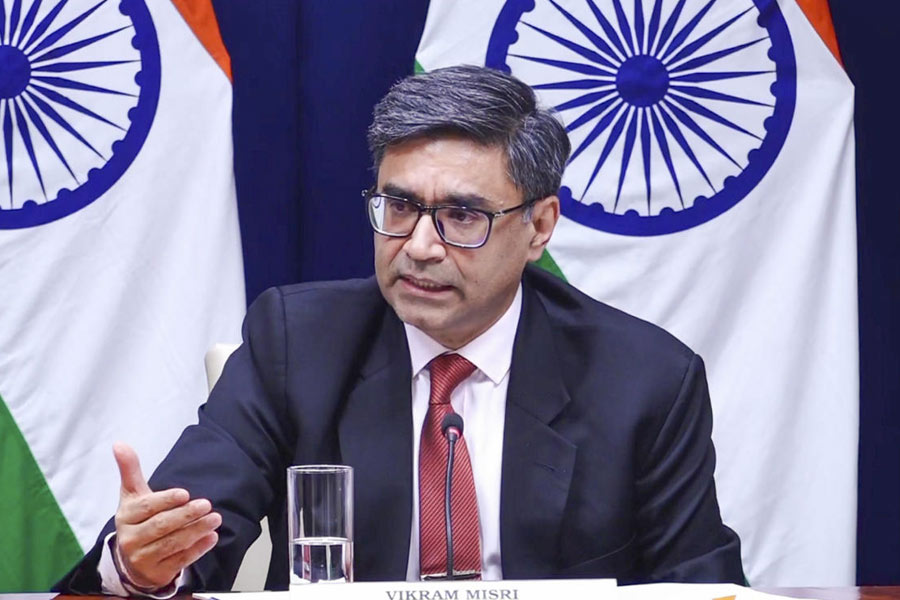
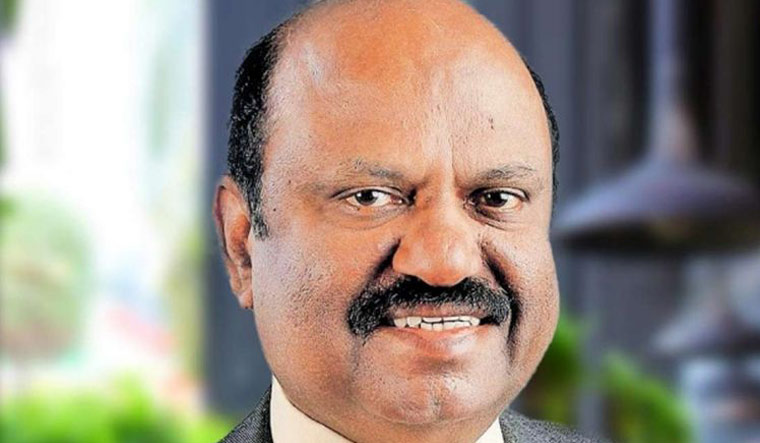
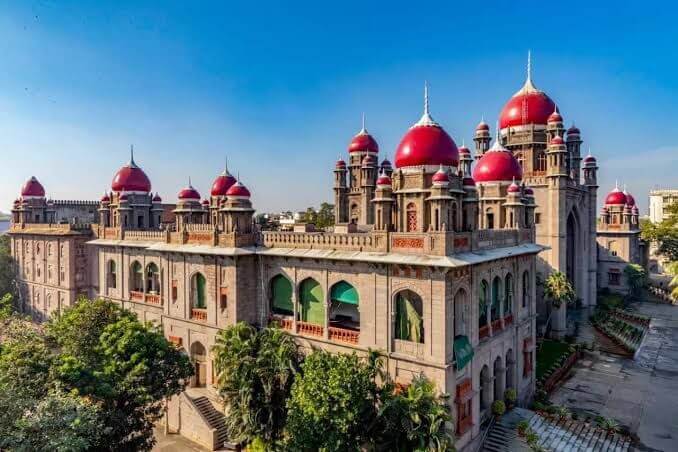
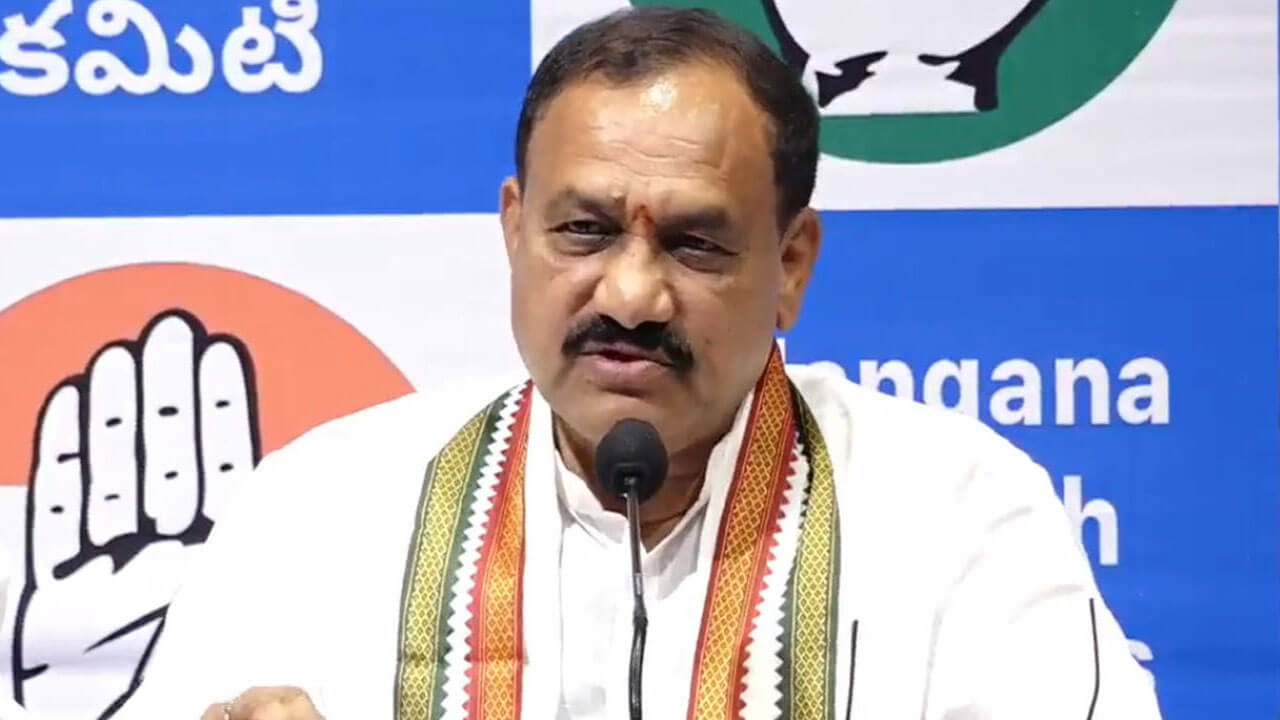
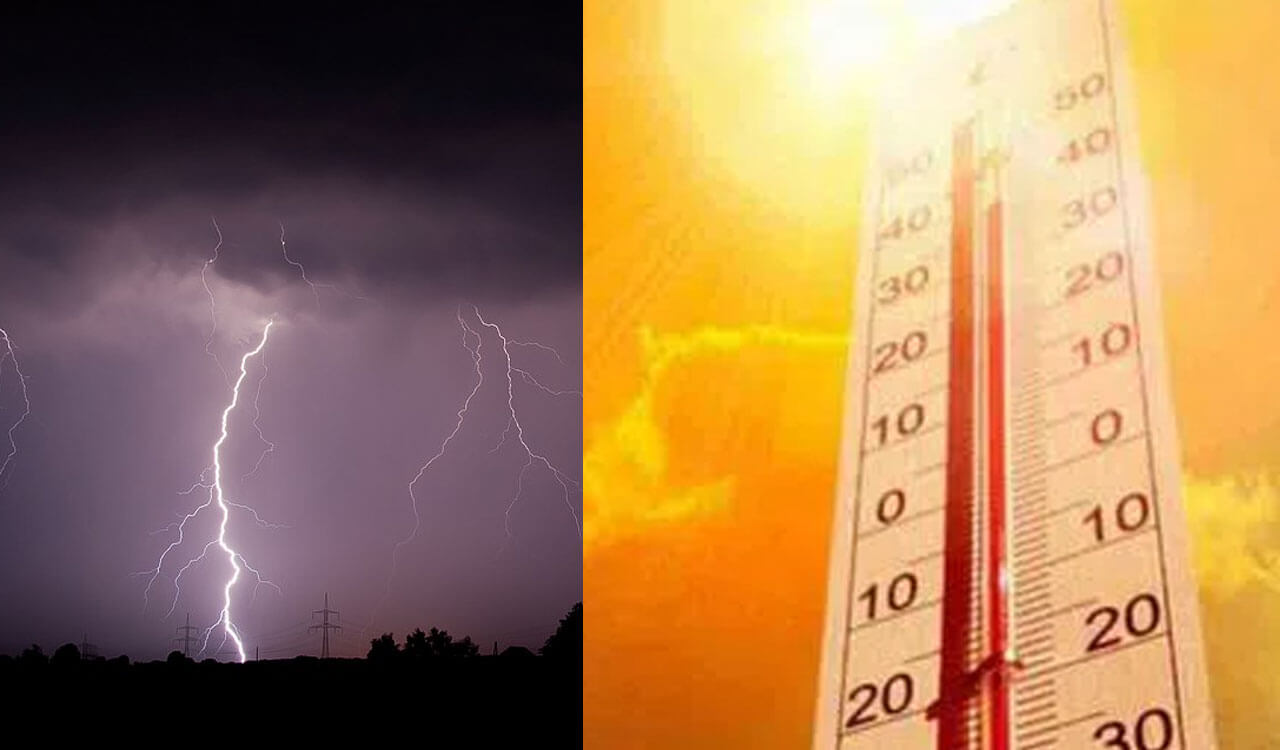
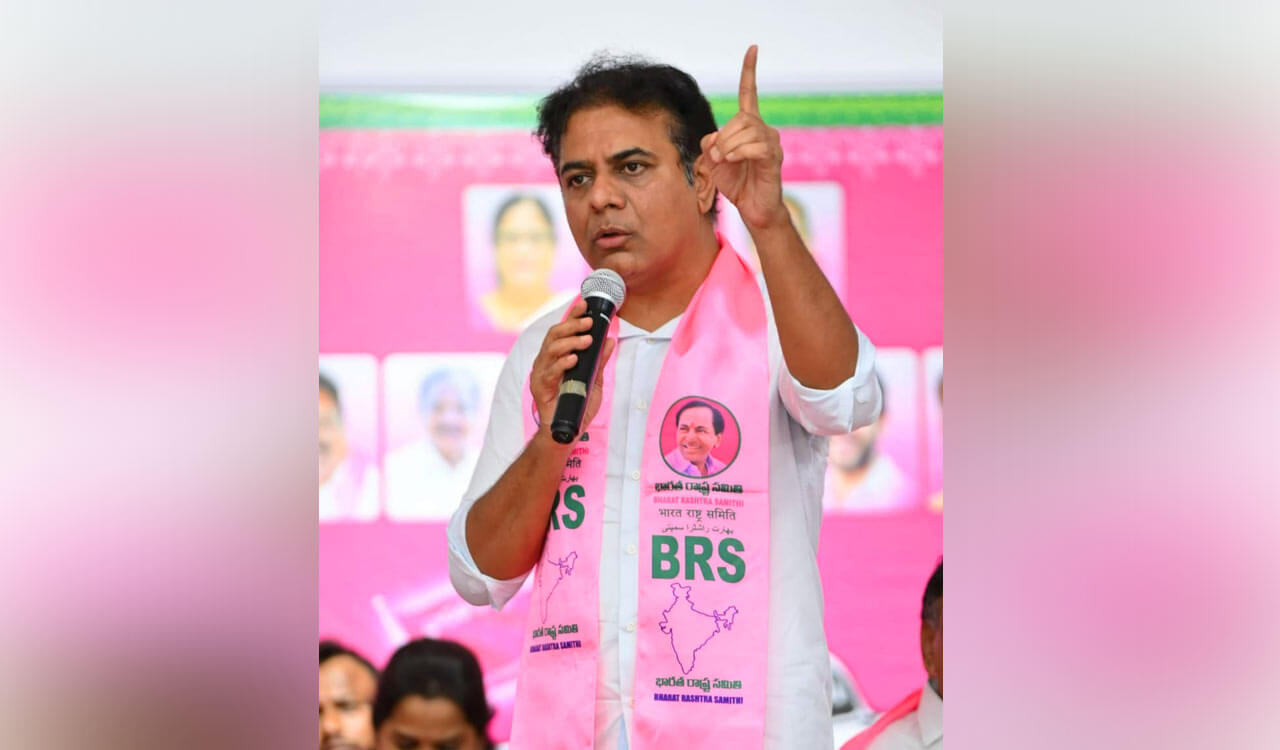
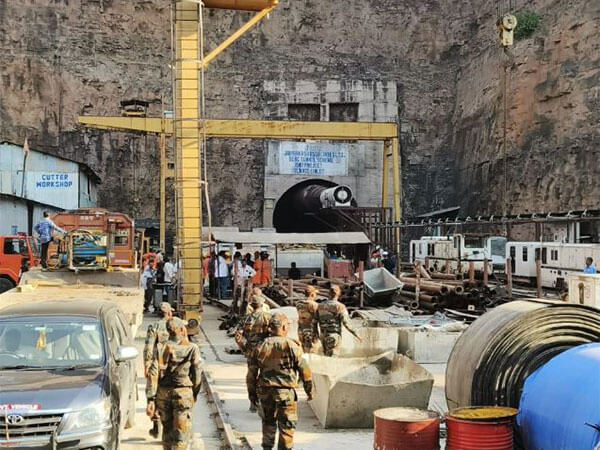
.jpg)
.jpg)
.jpg)
.jpg)
.jpg)
.jpg)
.jpg)

















